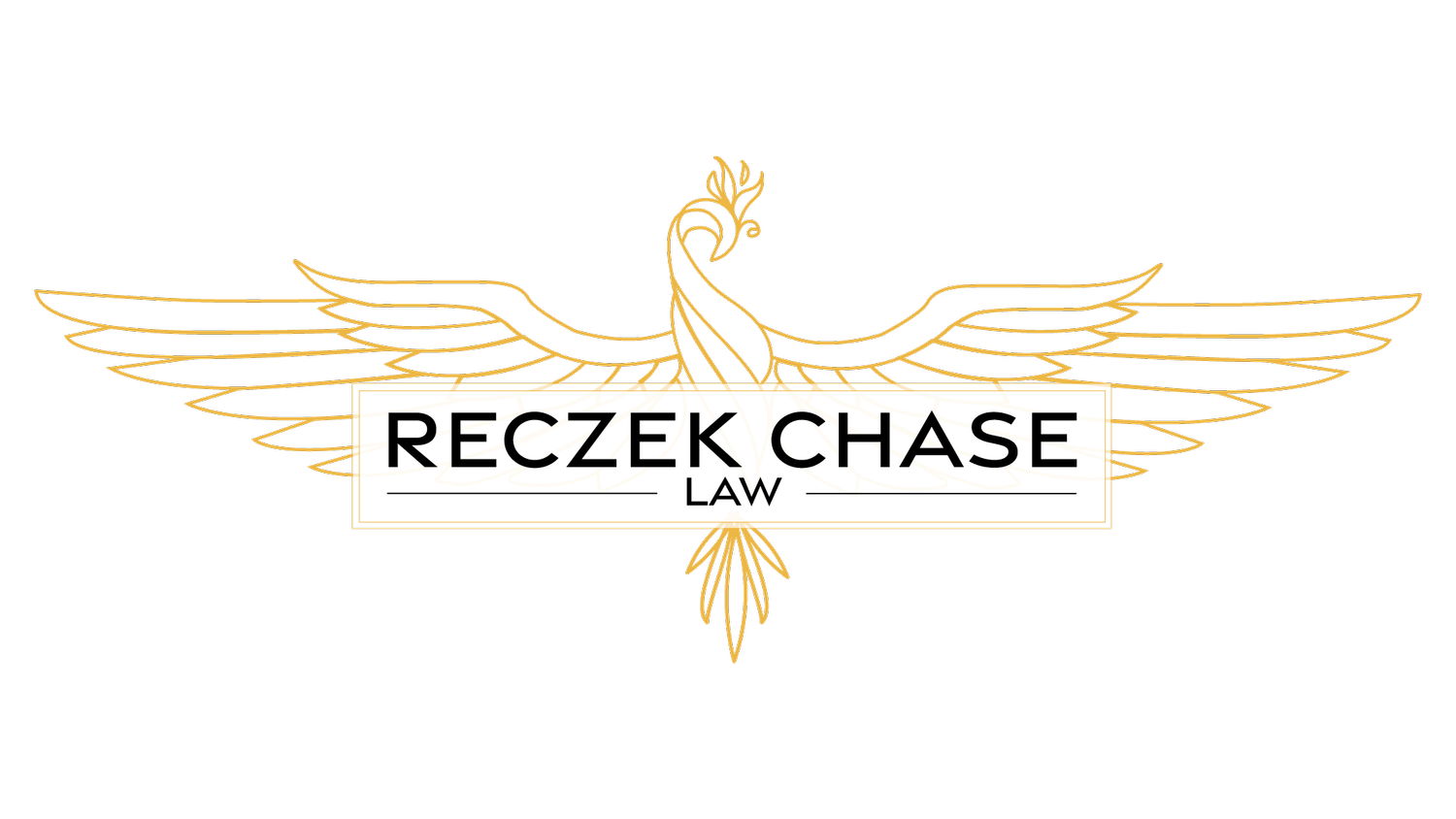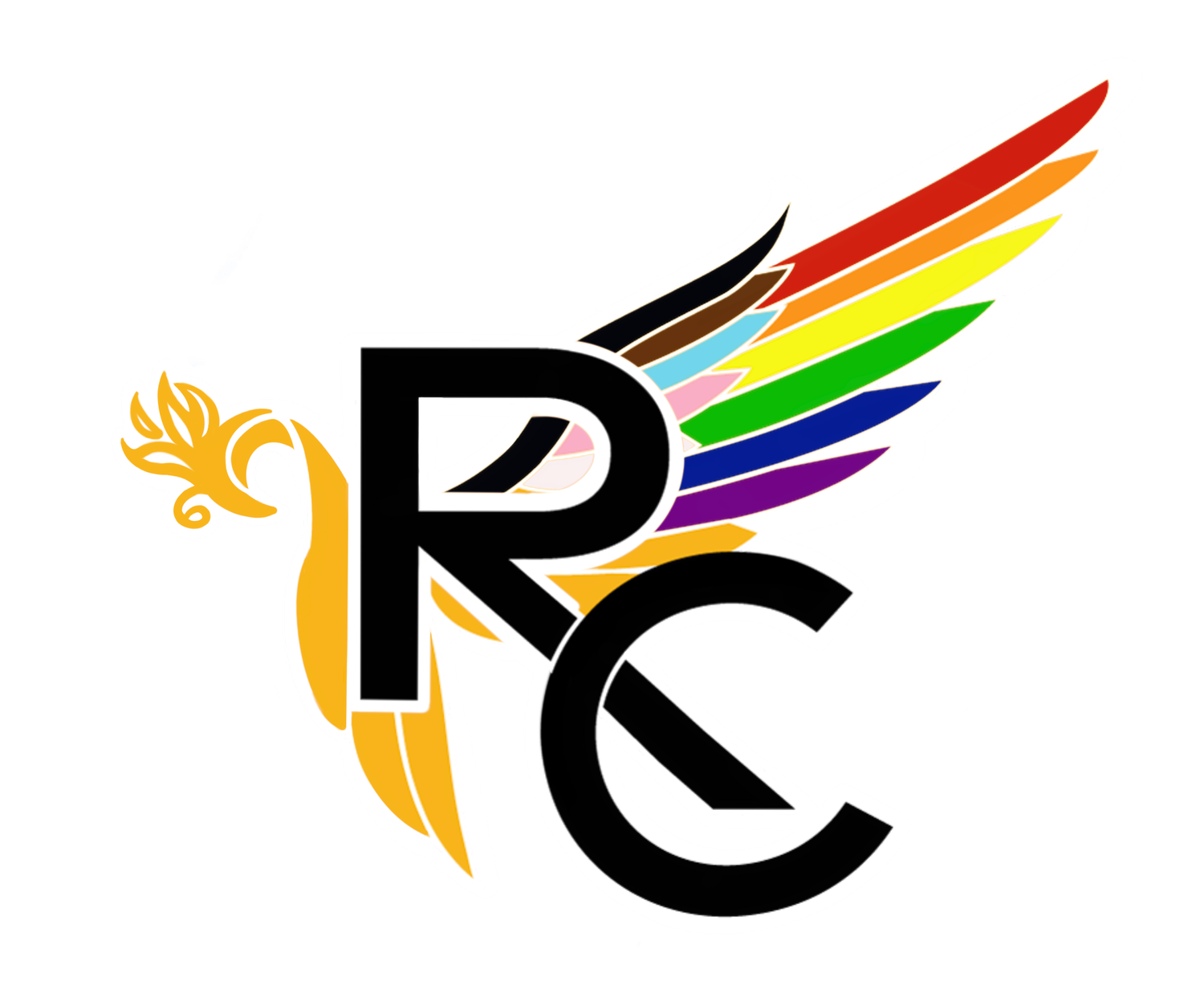Big News for Kentucky Families: Unmarried Couples Can Now Adopt
For years, loving, committed couples in Kentucky who wanted to adopt a child together faced a significant legal hurdle: they had to be married. This interpretation of the law often created a difficult choice for many, including same-sex couples, who were otherwise perfectly positioned to provide a stable and nurturing home for a child. Last month, the Kentucky Supreme Court that has changed the landscape of adoption in our state. On June 20, 2025, the Court ruled that unmarried couples can now jointly petition to adopt a child. This is a monumental step forward for family law in Kentucky, opening the doors for many more children to find their forever homes.
The Case That Changed Everything
The groundbreaking case, G.G. and T.S. v. Cabinet for Health and Family Services, involved a dedicated, unmarried couple who had been together for more than seventeen years. They sought to jointly adopt the biological granddaughter of one of the partners, a child they had cared for since her birth. Initially, both the local family court and the Court of Appeals denied their petition. The lower courts found that Kentucky's adoption statute, specifically KRS Chapter 199, did not permit two unmarried individuals to adopt a child together. This left the couple with the options of only one partner adopting the child individually or getting married, which was something they did not wish to do.
The Supreme Court's Decisive Ruling
The couple appealed to the Kentucky Supreme Court, which reversed the lower courts' decisions. The central question was a matter of straightforward statutory interpretation: Does the law actually prohibit unmarried couples from adopting? The Court’s answer was a clear "no.'“
The Kentucky Supreme Court found that the relevant statute, Kentucky Revised Statutes (“KRS”) 199.470(1), states that "any person" who meets the age and residency requirements may file a petition to adopt. The Court applied a long-standing rule of statutory construction which provides that a singular word, like "person," can be interpreted to include the plural "persons.” Therefore, the phrase "any person" rightfully includes a couple, even if they are not married. The Court rejected the argument that a separate provision for married petitioners implied a ban on unmarried petitioners. Instead, it viewed that section as simply adding a requirement for married individuals—that their spouse must generally join the petition. Ultimately, the Supreme Court emphasized that the guiding principle in any adoption is the best interest of the child, which is set forth in KRS 403.270. A court must determine if prospective parents are of good moral character and have the ability to properly care for and educate a child. The fact that petitioners are unmarried, the Court declared, cannot be the reason a petition is denied.
What This Means for Your Family
This decision is a victory for all families in Kentucky. It affirms that the law values the stability and love a couple can provide a child, regardless of their marital status. For same-sex couples and other committed partners who have been waiting to build their families through adoption, this barrier has finally been removed. The focus is now, as it should be, on the fitness of the parents and the well-being of the child.
If you and your partner are unmarried and have been considering adoption, this news means your path to becoming parents together is now clear. Our firm has extensive experience in family law and is ready to guide you through every step of the adoption process. Contact us today to learn more about how this exciting change in the law can help you build your family.
If you're considering adoption, it's critical to have a trusted lawyer on your side. The legal requirements and consequences of adoption can be complex, and we can help you navigate them with confidence. Reczek Chase Law handles a wide range of family law issues and can advise you of your options regarding adoption. If you’d like to discuss adopting your child, you can set up a time to chat with our attorneys calling us at (502)653 7455 or by following this link.
The information provided on this website does not, and is not intended to, constitute legal advice; instead, all information, content, and materials available on this site are for general informational purposes only. Information on this website may not constitute the most up-to-date legal or other information.

